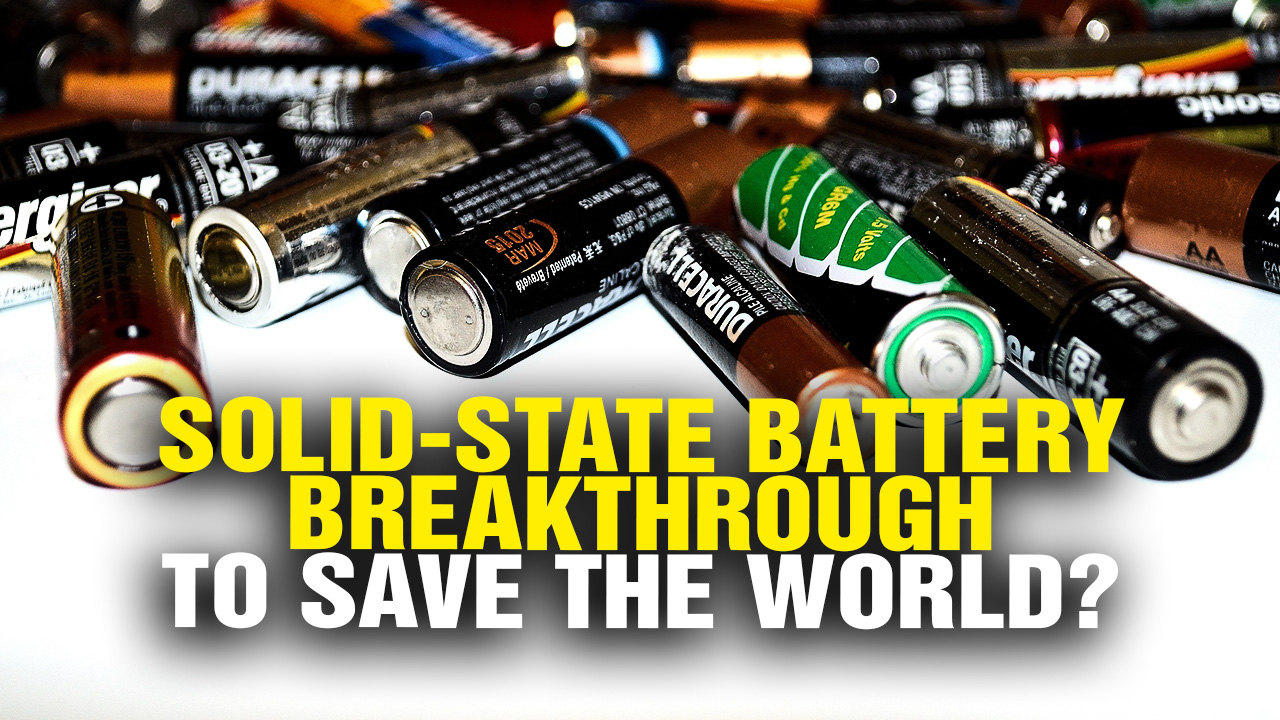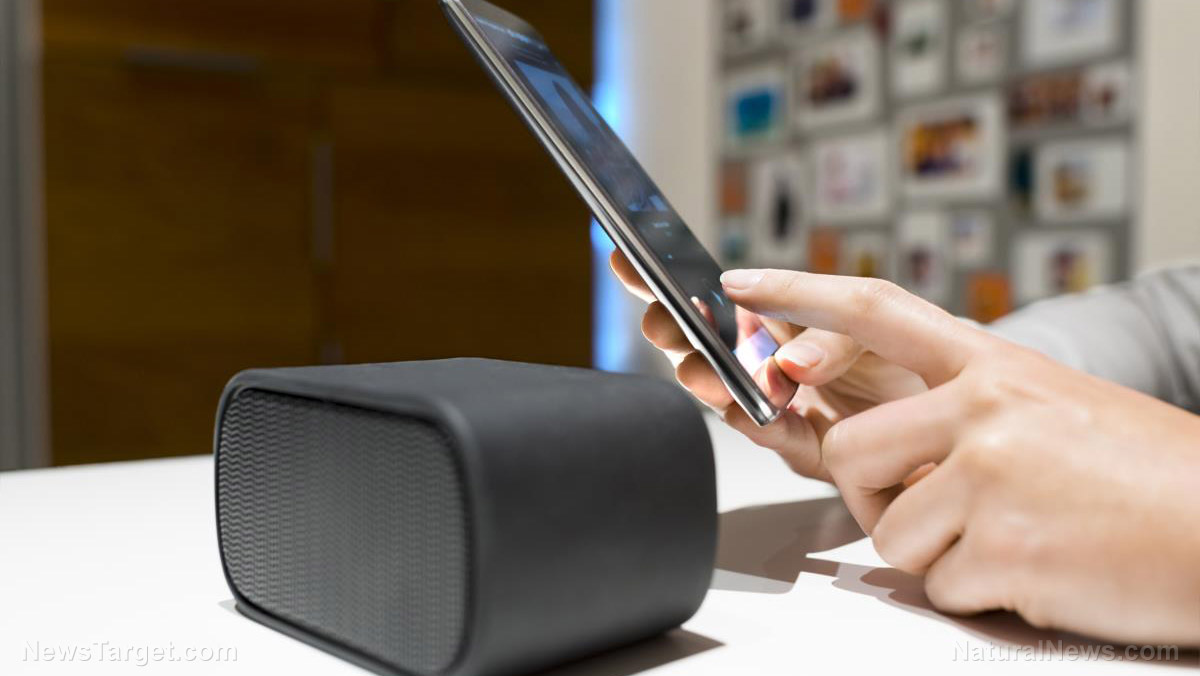
Advertisement
Unless you’re a fan of the Aston Martin vehicle brand or you follow news about high-end sports cars, Henrik Fisker is a man whose name you’ve probably never even heard of. But his name might be of great significance if his promises about a new kind of battery technology that can be used in future electric cars ends up coming true.
Fisker, who left his job as the chief of design at Aston Martin, now heads his very own car company. At the recently concluded Consumer Electronics Show (CES) expo in Las Vegas, he talked about a so-called “solid state” battery technology that can not only charge faster but also last much longer than what is currently possible with lithium-ion batteries – even the best ones.
This dramatic breakthrough, according to Fisker, could well be the spark that his small company needs to take on industry giants such as Toyota, Volkswagen, and Volvo.
In an interview with The Irish Times, Fisker went on record to say that his breakthrough was based on the work of another expert, and looks at ways to improve the performance that’s possible with current battery technology. “Everyone has gone down a road of working on what we call thin-film sheet batteries,” he explained. “So, the surface area of a thin-film battery is not enough for it to generate the power for a car.” Based on research by Dr. Fabio Albano, Fisker was able to find a solution for this problem.
“The breakthrough that Fabio brought to me, just over a year ago, was a development of the solid-state battery, and he said that he wanted to bring the battery into Fisker, and he really wanted to get it into a vehicle,” said Fisker. “He believed that he was close to a breakthrough.”

The exact details of the game-changing solid-state battery technology are currently being kept secret. But in essence, it’s a kind of battery that uses a 3D electrode design, which is capable of holding 2.5 times the amount of energy and charge of a regular lithium-ion battery. It’s also able to draw in a charge at a much faster rate than standard batteries, functioning a lot like a super-capacitor than just regular batteries.
According to Dr. Albano, the successful creation of this invention could mean many things for the future of similar products and technologies. “This breakthrough marks the beginning of a new era in solid-state material and manufacturing technologies,” said Albano. “We are addressing all of the hurdles that solid-state batteries have encountered on the path to commercialization, such as performance in cold temperatures; the use of low cost and scalable manufacturing methods; and the ability to form bulk solid-state electrodes with significant thickness and high active material loadings.”
Albano said that they are excited to build on the foundation that they have created so far and that they plan to move the needle in energy storage.
The Fisker solid-state battery is said to be capable of powering a car that can last up to 650km per charge, and can also be charged wirelessly in just one minute. The claims behind the solid-state battery technology are truly grand, for sure, but Fisker argues that the biggest changes often come from just one person and that he’s the man to do it. Perhaps time will tell whether or not he’s right soon enough.
Sources include:
Submit a correction >>
This article may contain statements that reflect the opinion of the author
Advertisement
Advertisements
















